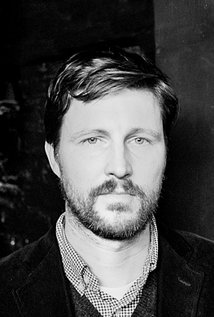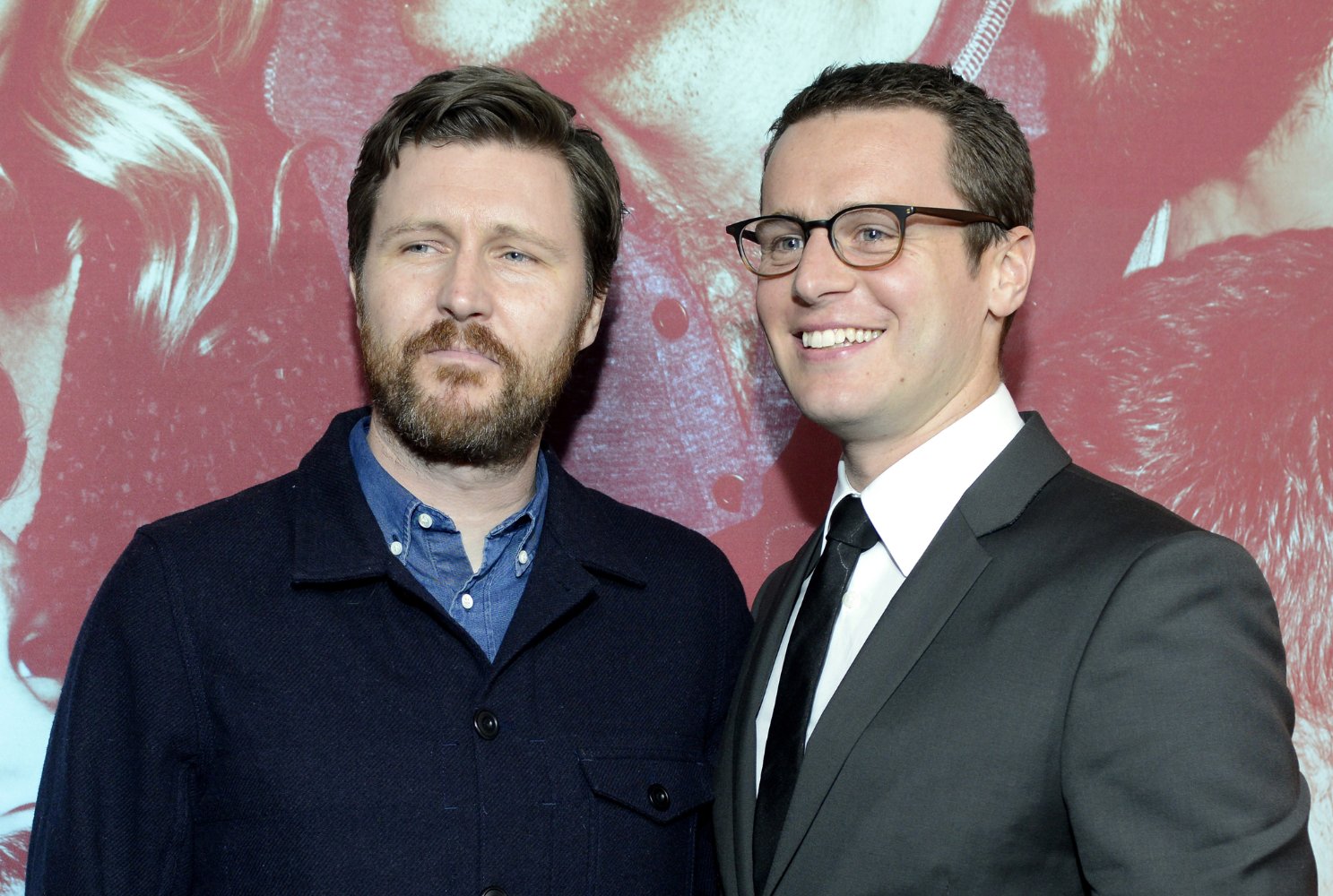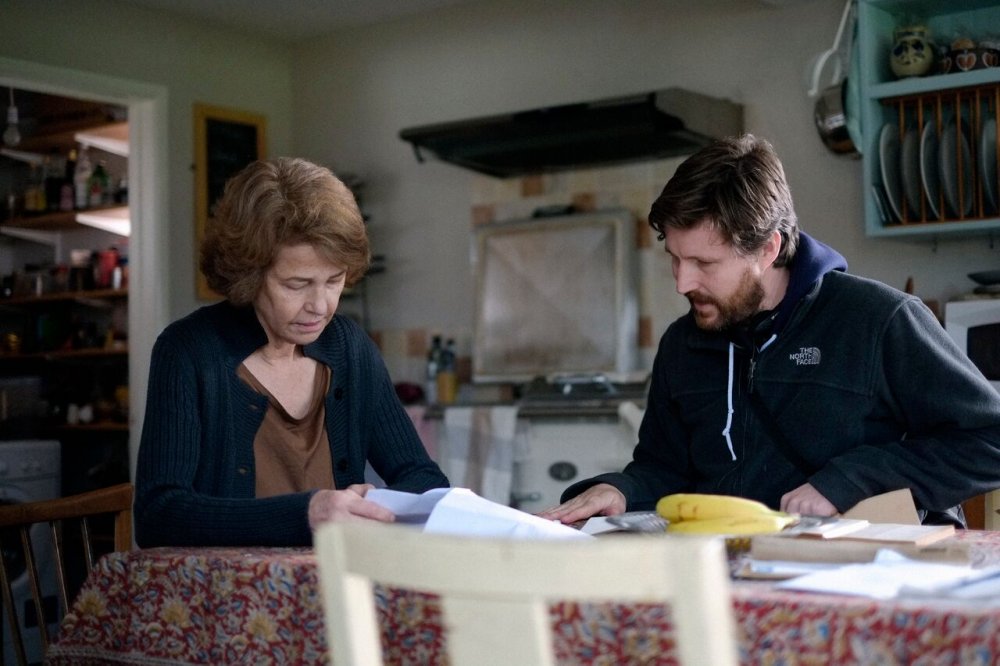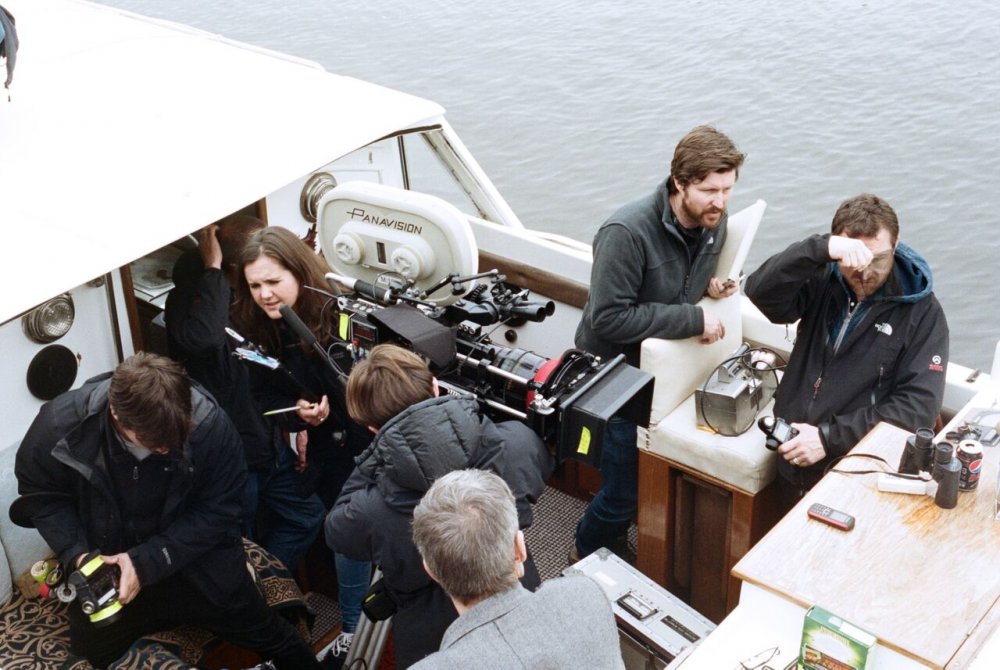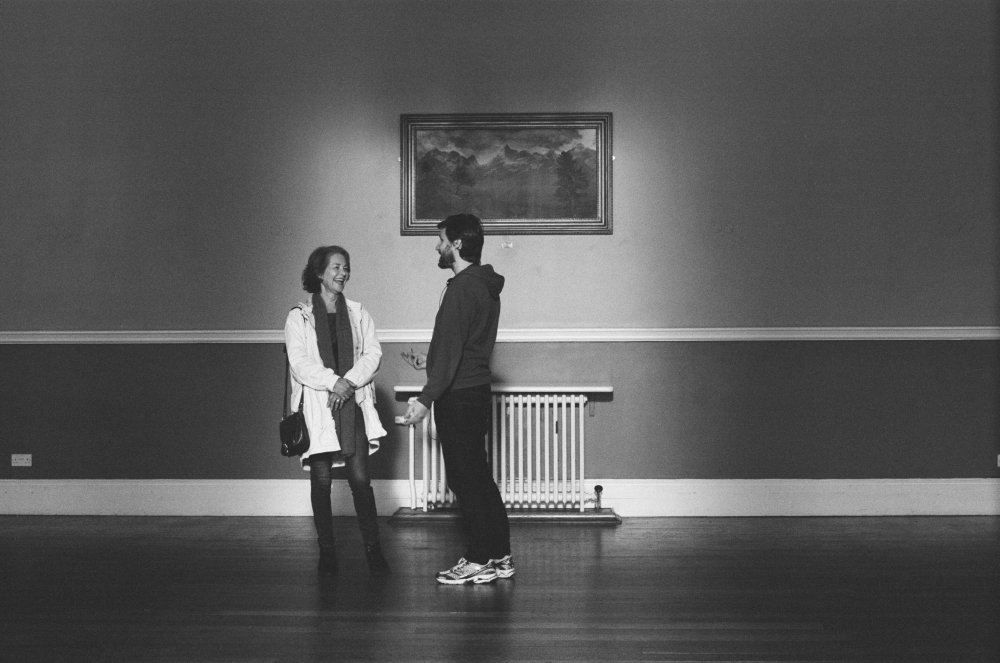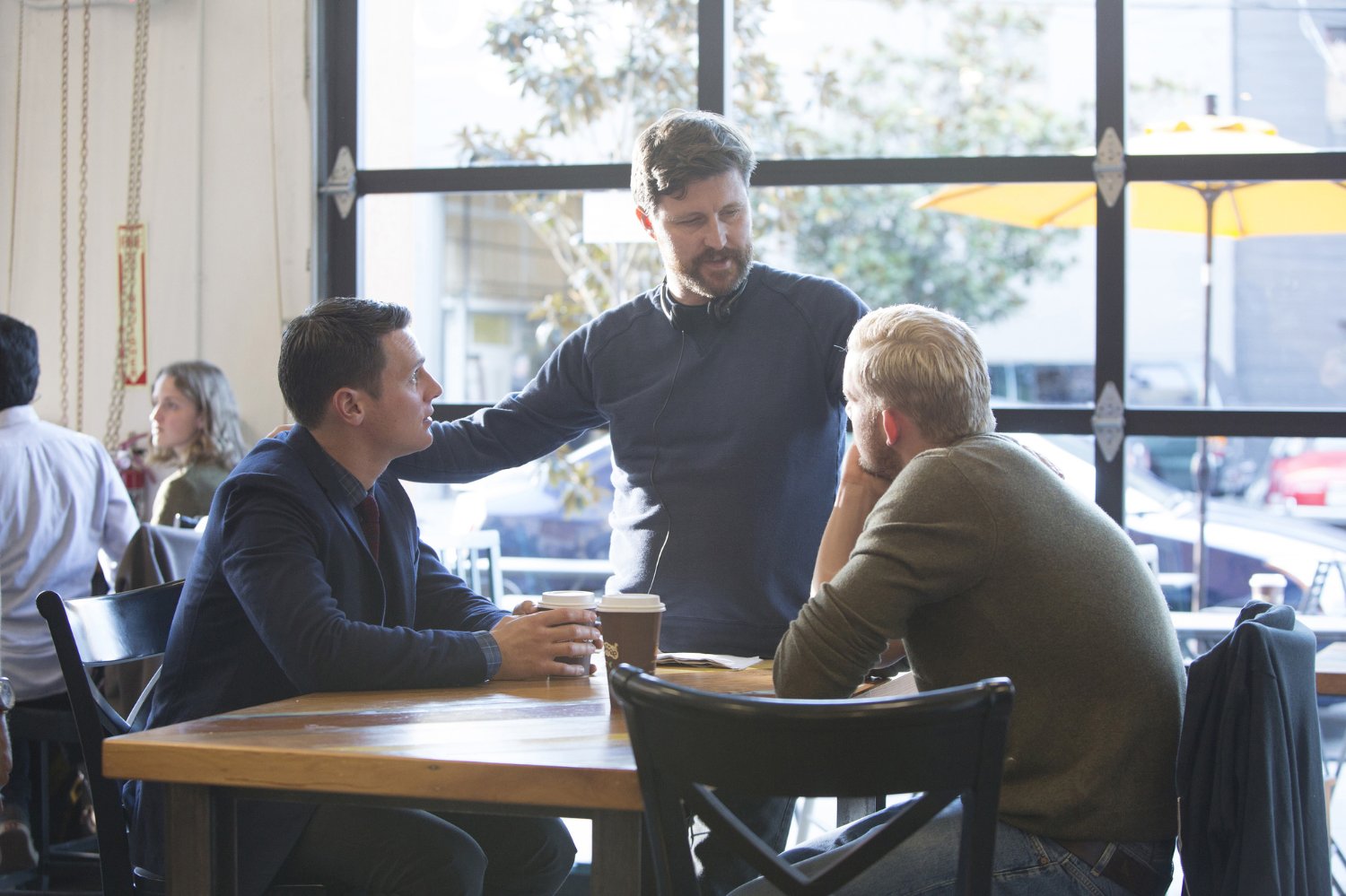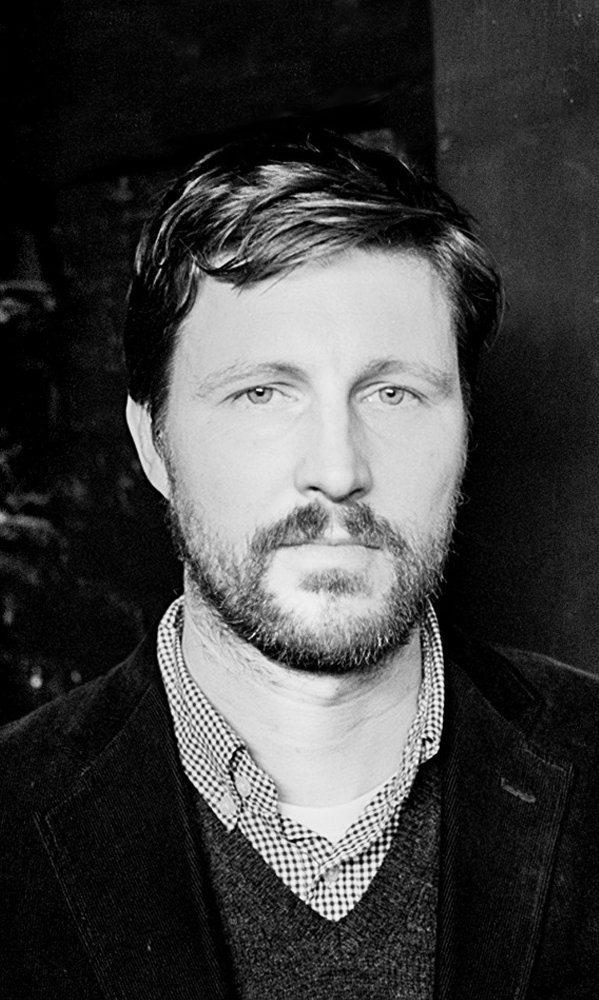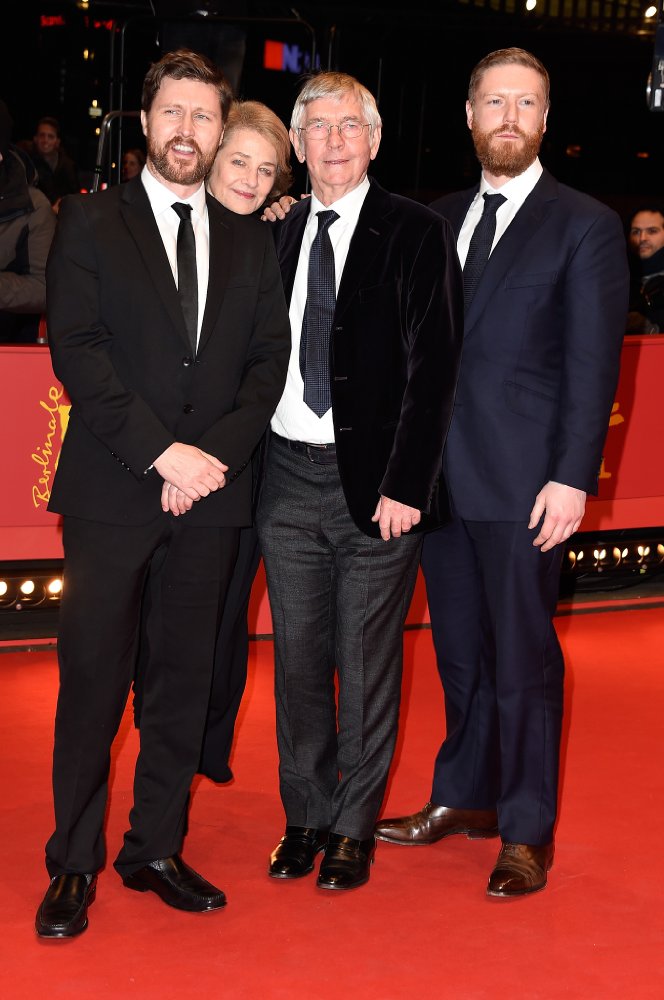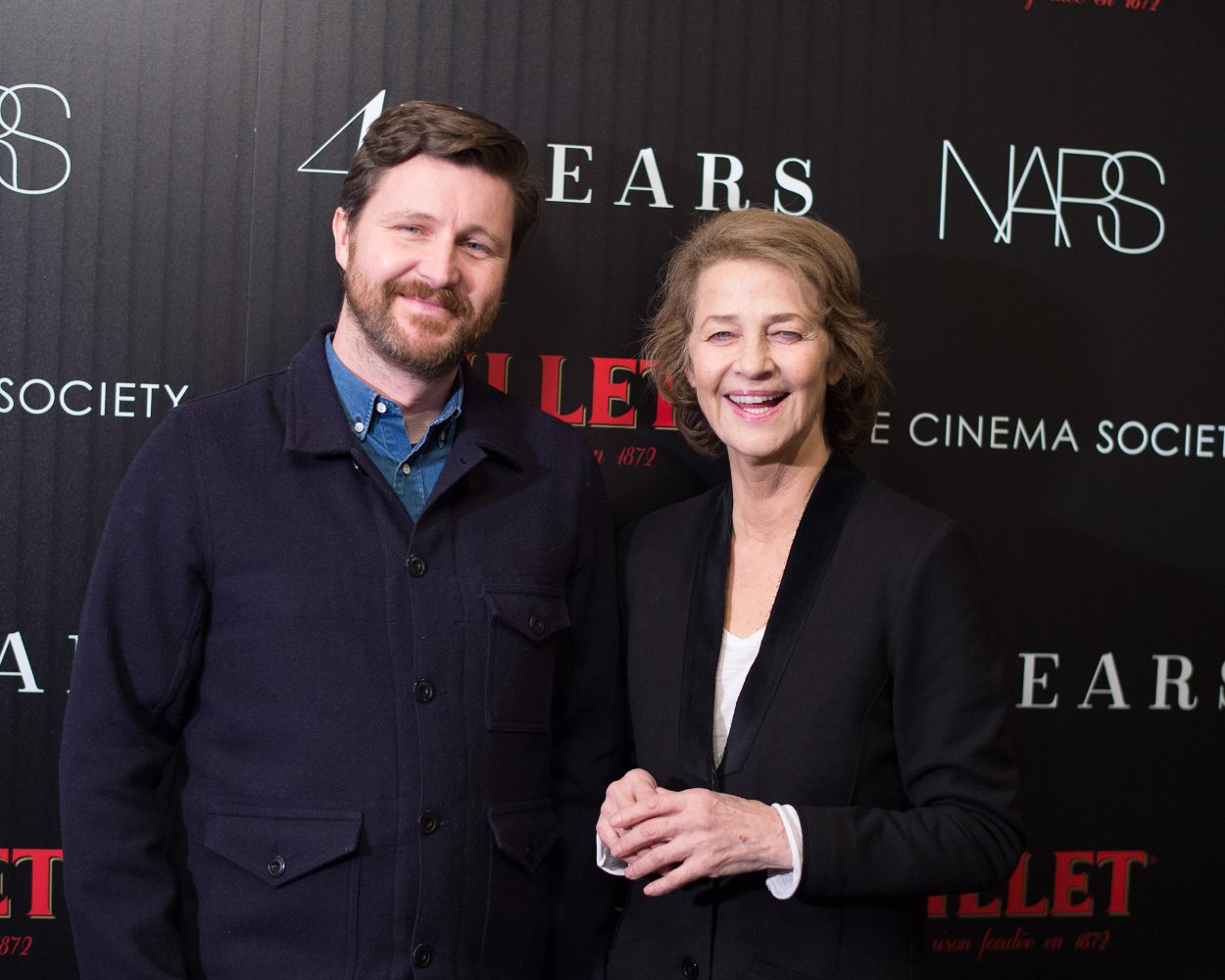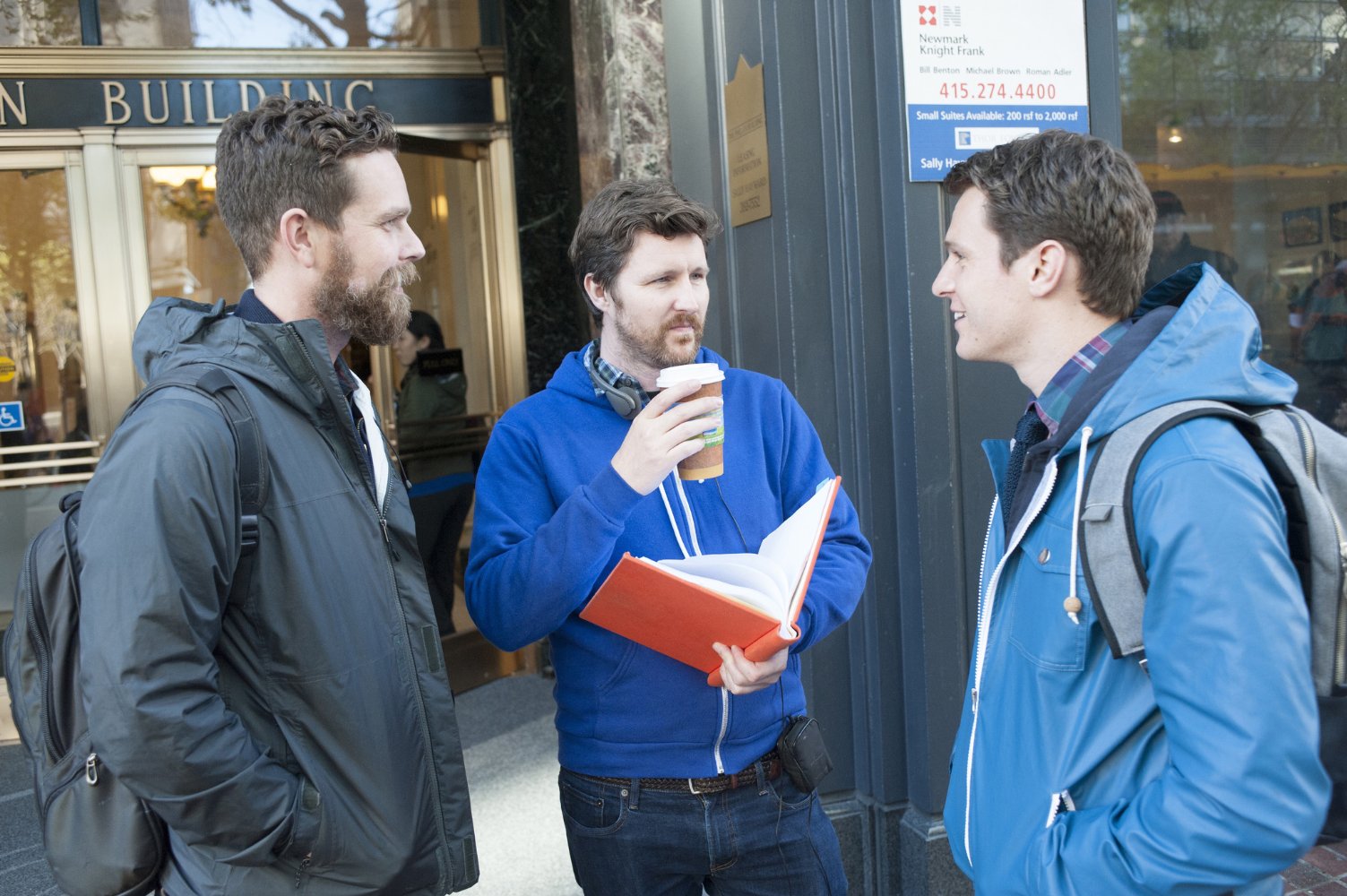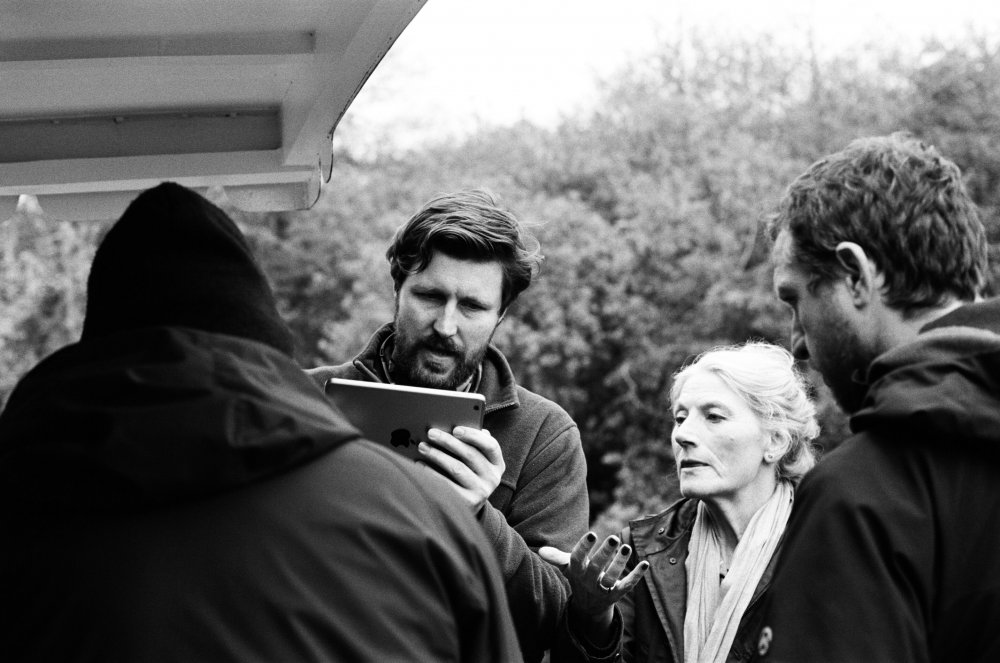[on first working as an assistant editor and editing in general] Well, as an assistant editor you're not doing any actual "editing;" you're just syncing up dailies and such. But you still see the process, and especially on the smaller films, you learn an enormous amount. I worked on Harmony Korine's Mister Lonely (2007), and that was actually an incredible experience, because you're sitting in the editing room with the editor and Harmony watching the decisions they make. That's when you really get to seeing the heart of making a decision. (...) He [Korine] just works from a very gut level that's really interesting. He doesn't think about too much about the audience. He just thinks, "What am I interested in? What makes sense to me?" And that's why his films always feel incredibly fascinating. But then, working on those bigger films, I saw that the emotion is all created within the edit, and I just felt like there's a lack of truthfulness in that. When I started trying to make my own things, I really thought, "Okay, how do I try and make a moment feel genuinely truthful?" With deciding not to edit as much, that was because, one, you have to do it in the moment within the take and on the day; and two, it means the actors have a lot more freedom to help that moment. (...) Even when I watch a film now, Weekend (2011) or 45 Years (2015), they're still clips on an editing timeline. I can feel them, and I notice when I should've cut or let it go for longer. I think it's the hardest things for a lot of directors, and it's certainly hard for editors to take the clips away from that Avid and make it feel like an actual film. Judging the approach, though, I want to see the relationship unfold in front of my eyes. I want the weird, subtle emotional changes to happen within the same frame and shot, rather than the emotion being created by a reaction cutaway. When you cut too much, everything loses its importance; it's a real fine line to tread. Although if you concentrate too much on having it all in one shot, the audience can become very aware of the camera. I don't want that to happen either, so it's trying to keep it feeling natural and organic without forcing the issue. [2015]
Show less « 
